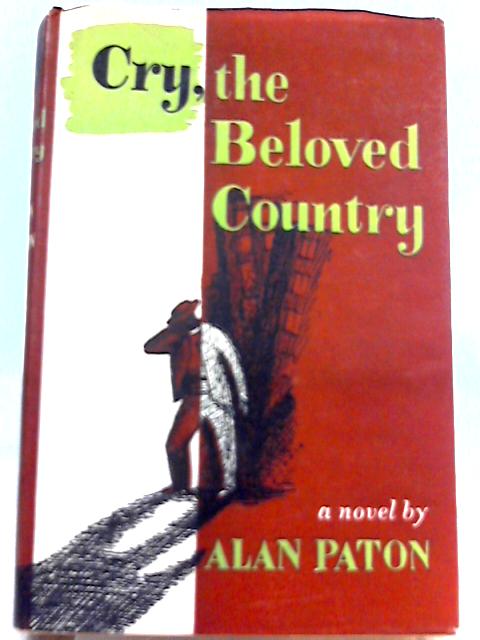


Besides, like the North American frontiersmen, they were resentful of any government restrictions and new ideas that might interfere with their independent way of life.Īs British rule spread over the territories of the Cape, some of the most independent of the Dutch determined to escape from government control and sold their farms, packed their belongings into ox-drawn wagons, and headed northeast, in what came to be called the Great Trek. They believed that the natives were creatures to be subjugated or killed, the Biblical "sons of Ham" who were cursed by God to be "drawers of water and hewers of wood" - in other words, servants and slaves. The settlers were Dutch Calvinists, members of the Dutch Reformed Church, to whom the Church of England was an enemy. Their new rulers had a different language, a different religion, and different ideas about the treatment of the native population. If the Dutch settlers had been unhappy with the Dutch East India Company rule, they were even more unhappy living under British rule, for a variety of reasons. Then, during the Napoleonic Wars, the Dutch settlers changed masters when Britain took over the Cape settlement to use it as a naval and military station. These commandos could be called together almost at a moment's notice to attack any native who might raid settlers' farms for cattle, either their own that the settlers had stolen from them, or cattle belonging legally to the farmers.

The settlers of the seventeenth century reacted in several ways: they engaged heavily in smuggling and illegal trade with the sailors of non-company ships, and they organized themselves into their own variation of the sheriff's posse of the American West, called commandos. All the food grown by the settlers had to be sold to the Company at low prices set by the Company. The East India Company attempted to keep the conflict to a minimum and put tight restrictions on the amount of land the settlers could use and on the crops they could grow. This way of life brought them immediately into conflict with the native tribes in the area, the Hottentots, who resented their cattle-grazing lands being taken over by the foreigners. The supply post, which was located on the site of present-day Cape Town, was not meant as a settlement, but the men posted there built homes, started the cultivation of crops, and made themselves as comfortable as possible. In 1652, the Dutch East India Company set up a supply post near the Cape of Good Hope to supply the crews of its ships with fresh meat, fruit, and vegetables to reduce the amount of illness on shipboard, particularly scurvy.


 0 kommentar(er)
0 kommentar(er)
